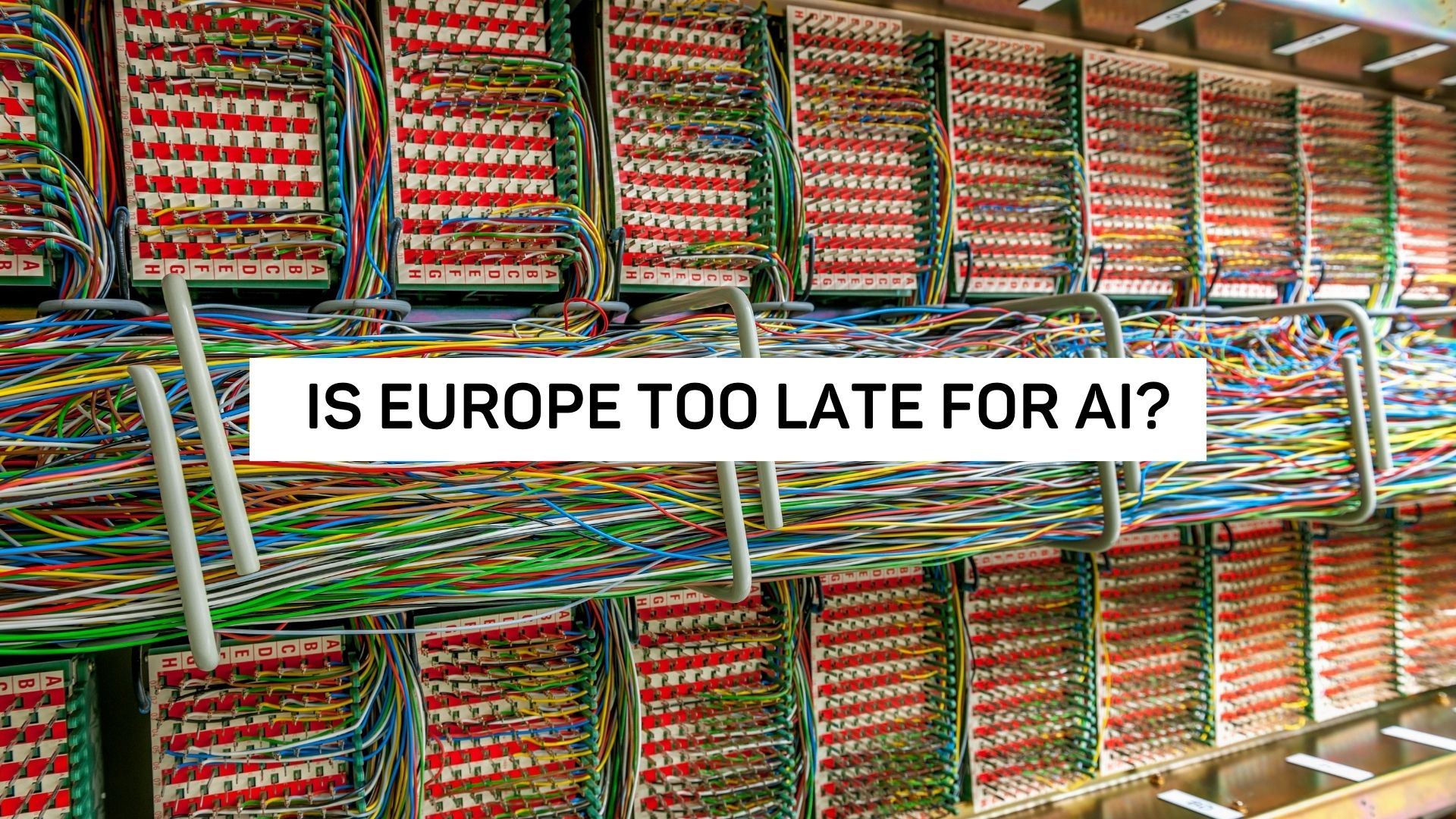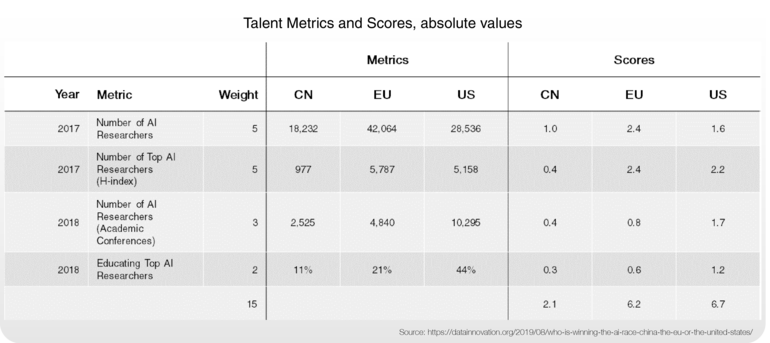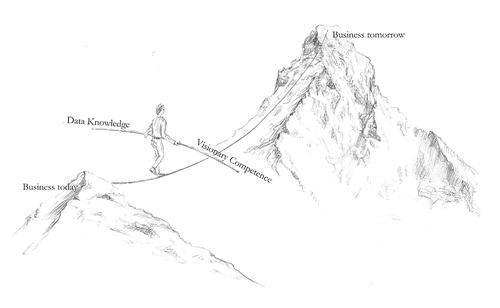
Is Europe too late for AI?
From a European perspective, the lead from the US and China on AI innovation often seems overwhelming. The US leverages on the AI programs of its dominant tech companies like Facebook, Amazon, and Google. China leverages its huge amounts of data, which it collects through its governmental program that aims to make China the world leader in AI by 2030. While the US still has a lead on venture capital investment, China is perceived to be leading on the amount and breadth of data. The Centre of Data Innovation created a scoring model that places the US in the lead with 44.2 points, followed by China with 32.3, and sees the European Union trailing with 23.5 on a 100-point scale. One crucial factor in predicting the future winner of this race is however also the access to digital talent. Here the Center for Data Innovation puts Europe still ahead of China, but slightly trailing the US on Top AI Researchers (see table below).

At the summit, we wanted to hear from our panel with Vanessa Cann, Managing Director of the German AI Association, Tanja Jovanovic, Head of Technology and Innovation Management at Bayern Innovativ and Bart de Witte, founder of Hippo AI + Future/IO how they predict the outcome of the race. Tanja emphasized the academic strength and pointed out that the problem is not a lack of innovative start-ups. The challenge is that good start-ups are moving to the US or Israel when they become scaleups. One challenge is, says Sven Taubert, Head of Corporate Foresight & Market Intelligence at Lufthansa Technik, that AI is often overly technology-driven. AI with high potential is often not used because companies fail to see the business case.
Vanessa sees another promising path for AI innovation to be the highly innovative hidden champions, i.e., small companies, for example, from the German Mittelstand, which are globally leading in technology and often with global market shares of over 60%. These companies have a strong appetite for advanced technologies but today still lack AI literacy. But with this right upskilling, these hidden champions can become the motors of AI Innovations in Europe.
I  believe that the challenge ahead for companies is symbolized nicely by a “Business Highwire Act” drawing from Rupert Hofmann. The drawing captures impressively the difficulty of balancing the more traditional visionary competencies that hidden champions are typically great on with the new data knowledge that they need in order to develop the business of tomorrow.
believe that the challenge ahead for companies is symbolized nicely by a “Business Highwire Act” drawing from Rupert Hofmann. The drawing captures impressively the difficulty of balancing the more traditional visionary competencies that hidden champions are typically great on with the new data knowledge that they need in order to develop the business of tomorrow.
The panel closed with a note of caution from Bart de Witte that the current AI development might lead to an oligopoly in which few governments and few large for-profit firms hold the data and with it the power. To develop AI as a source of economic growth, we need leverage on smart regulation to democratize AI and make it accessible to the developers and users on equal playing ground.
